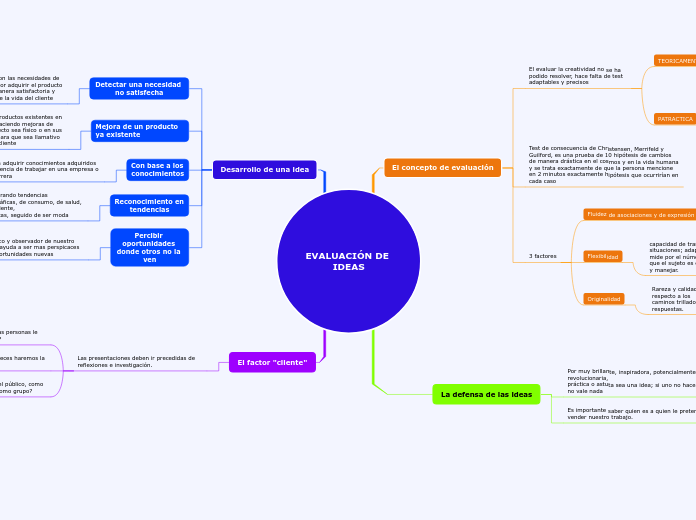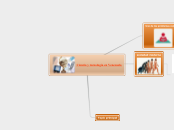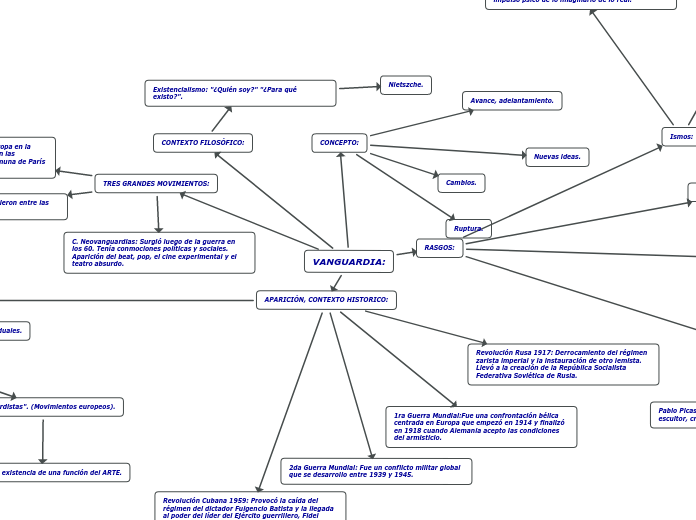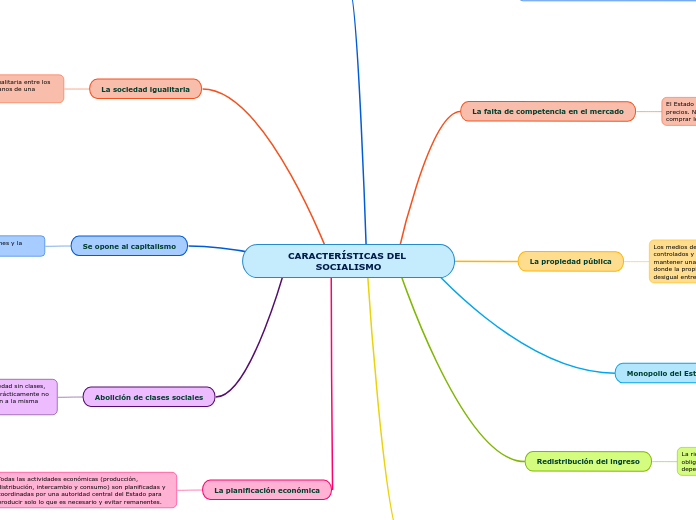EVALUACIÓN DE IDEAS
In linguistics, syntax is the set of rules, principles, and processes that govern the structure of sentences in a given language, usually including word order.
El factor "cliente"
A compound sentence is a sentence that has at least two independent clauses joined by a comma, semicolon or conjunction. An independent clause is a clause that has a subject and verb and forms a complete thought.
Las presentaciones deben ir precedidas de reflexiones e investigación.
3- ¿Cómo es el público, como individuos y como grupo?
2- ¿Cuántas veces haremos la presentación?
1- ¿A cuántas personas le hablaremos?
Desarrollo de una idea
A complex sentence is a sentence that contains an independent clause and one or more dependent clauses.
An independent clause can stand alone as a sentence, but a dependent clause even though it has a subject and a verb cannot stand alone.
Percibir oportunidades donde otros no la ven
An adverbial clause is a group of two or more words that function as an adverb in a sentence.
El ser analítico y observador de nuestro entorno nos ayuda a ser mas perspicaces de captar oportunidades nuevas
Reconocimiento en tendencias
An appositive clause follows another noun or noun phrase in apposition to it; that is, it provides information that further identifies or defines it.
Considerando tendencias demográficas, de consumo, de salud, de ambiente,
ecológicas, seguido de ser moda
Con base a los conocimientos
The subject clause is a dependent clause that acts as a subject.
Se pueden adquirir conocimientos adquiridos por experiencia de trabajar en una empresa o en una carrera
Mejora de un producto ya existente
A predicative clause may be introduced by conjunctions - that, whether, whether... or, as, as if, as though, because, lest, the way - or connectives.
The latter may be conjunctive pronouns - who, whoever, what, whatever, which - or conjunctive adverbs - where, wherever, when, whenever, how, why.
Observando productos existentes en el mercado, haciendo mejoras de cualquier aspecto sea físico o en sus ingredientes para que sea llamativo a la vista del cliente
Detectar una necesidad no satisfecha
The object clause is a phrase on which a verb performs an action. It falls at the end of a sentence, and is governed by a verb or a preposition.
Cumplir con las necesidades de la gente por adquirir el producto de una manera satisfactoria y que facilite la vida del cliente
La defensa de las ideas
Es importante saber quien es a quien le pretendemos
vender nuestro trabajo.
Por muy brillante, inspiradora, potencialmente productiva, revolucionaria,
práctica o astuta sea una idea; si uno no hace algo con ella, no vale nada
El concepto de evaluación
3 factores
Originalidad
Rareza y calidad de las cosas encontradas, y su distancia con respecto a los
caminos trillados. Se mide inversamente a la frecuencia de las respuestas.
Flexibilidad
capacidad de transformación de objetos y de situaciones; adaptación. Se
mide por el número de clases y categorías que el sujeto es capaz de imaginar
y manejar.
Fluidez de asociaciones y de expresión en general
Se mide por el número de respuestas, de alternativas que produce el sujeto ante cualquier cosa
Test de consecuencia de Christensen, Merrifeld y
Guilford, es una prueba de 10 hipótesis de cambios de manera drástica en el cosmos y en la vida humana y se trata exactamente de que la persona mencione en 2 minutos exactamente hipótesis que ocurrirían en cada caso
El evaluar la creatividad no se ha podido resolver, hace falta de test adaptables y precisos
PATRACTICA
Todo se complica, en las mediciones de la novedad como del valor las escalas son difíciles de cuantificar
TEORICAMENTE
2- En caso afirmativo, ¿dichos nuevos productos o nuevos modos son valiosos?
¿En qué grado?
1- Lo qué produzco yo o produce fulano ¿merece el apelativo de “cosas nuevas”
o novedad?









